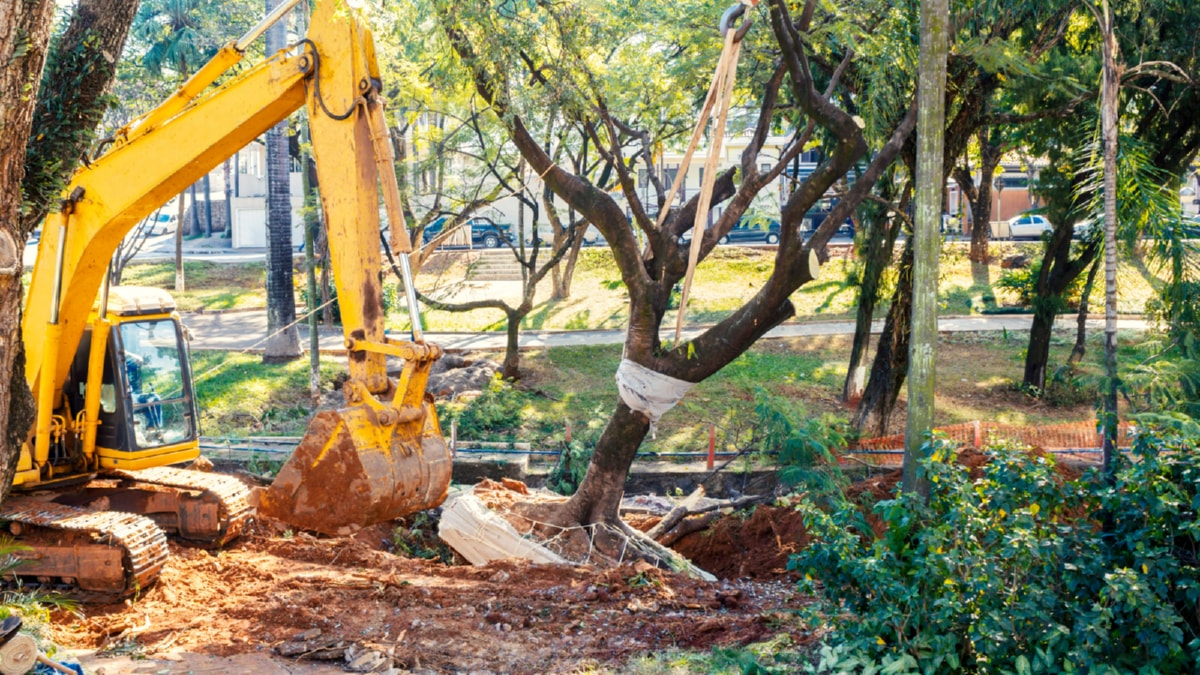Title: Construction Guide #2: Tips and Best Practices for Superior Efficiency
The construction industry is a changing and challenging field, necessitating a multitude of skills, knowledge, and the application of best practices. In the second edition of our Construction Guide series, we explore invaluable tips and best practices that can enhance productivity, minimize risk, and ensure a successful project outcome. For the best service or visit their map here.
1. Emphasize on Planning
The first and foremost step in any construction project is thorough planning. The adage ‘failing to plan is planning to fail’ couldn’t be more true in the construction sector. A comprehensive project plan should include a detailed timeline, budget estimation, risk assessment, resource allocation, and a clear definition of all roles and responsibilities. Utilizing construction management software can greatly streamline this process, reducing the likelihood of costly oversights or delays.
2. Regular Communication
Clear communication is key to the successful execution of a construction project. Regular meetings, briefings, and progress reports ensure everyone involved is on the same page, eradicating misunderstandings and potential conflicts. Construction managers should foster an open communication environment, encouraging feedback and promptly addressing any issues or concerns.
3. Safety First
Construction sites are inherently high-risk environments. Prioritizing safety is not just a legal obligation, but it also prevents unnecessary accidents, work stoppages, and potential lawsuits. Workers should be adequately trained on safety protocols, provided with necessary personal protective equipment, and regular site inspections should be conducted to identify and mitigate potential hazards.
4. Quality Control
Maintaining high-quality standards throughout the construction process greatly reduces the risk of future defects, repairs, and potential liability claims. Regular quality checks and inspections should be integrated into the project timeline. Using high-quality materials and ensuring work is carried out by skilled professionals is also crucial to achieving superior results.
5. Sustainability and Eco-Friendliness
With growing awareness about environmental conservation, incorporating sustainable practices in construction is no longer optional but a necessity. This could involve using eco-friendly materials, optimizing energy consumption, waste management, and recycling. Such practices not only improve the project’s environmental footprint but can also result in significant cost savings in the long run.
6. Embrace Technology
The advent of technology has changed many aspects of construction. From digital blueprints and 3D modeling to drones and robotic automation, there are myriad ways technology can boost efficiency, accuracy, and safety in construction. Staying abreast of the latest technological advancements and integrating them into your processes can give you a competitive edge.
7. Training and Skill Development
The construction industry is ever-evolving, with new techniques, tools, and regulations continually emerging. Regular training and skill development programs for your team can ensure they are equipped with the necessary knowledge and skills to meet these changes and deliver optimal performance.
In summary, effective planning, communication, prioritizing safety, quality control, sustainability, embracing technology, and continual training constitute some of the best practices in the construction industry. By adhering to these principles, construction companies can successfully navigate the complexities and challenges of this demanding industry, delivering high-quality, sustainable, and efficient projects.
For more details, check best interlocking services Toronto or visit their business listing here.



